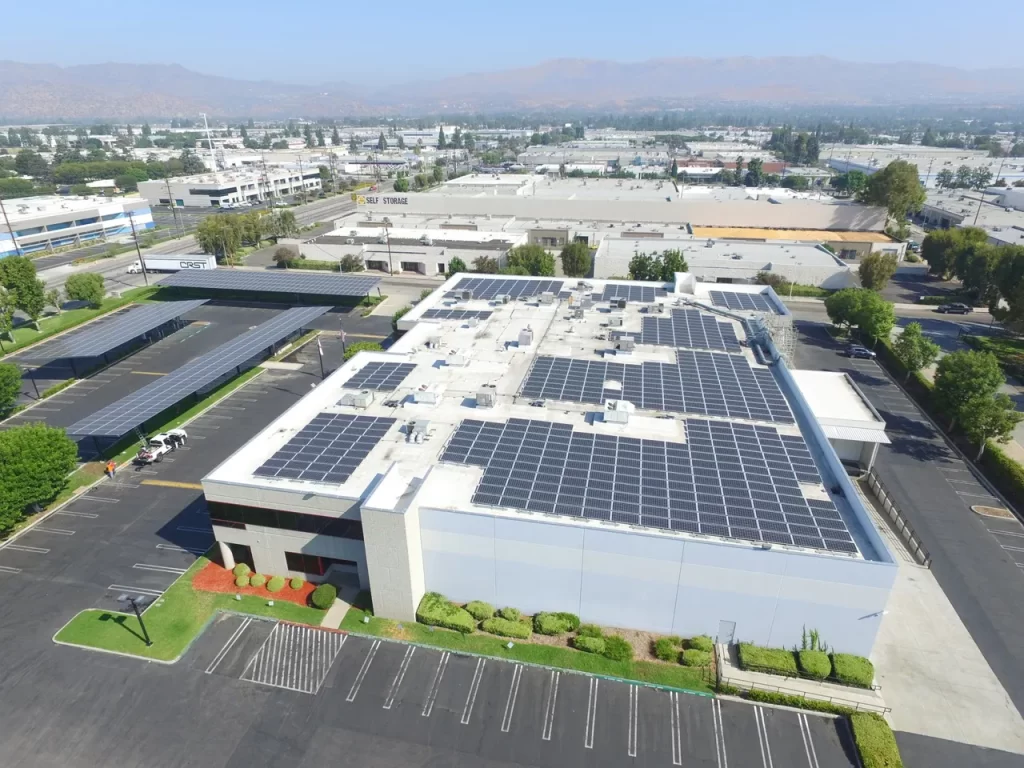In the ever-evolving landscape of renewable energy, commercial solar power has emerged as a game-changer for businesses seeking sustainable and cost-effective energy solutions. With its numerous benefits, such as reduced electricity bills, tax incentives, and positive environmental impact, it’s no wonder that more and more businesses are embracing solar power. However, while the initial installation of a commercial solar system is crucial, it’s equally important to emphasize the significance of ongoing maintenance and upkeep. In this article, we delve into the reasons why maintenance matters in commercial solar power and how it can contribute to the longevity and optimal performance of your solar investment.
1. Maximizing Energy Production
A well-maintained solar system ensures maximum energy production over its lifetime. Regular maintenance activities, including panel cleaning, inspection of electrical connections, and monitoring system performance, play a pivotal role in identifying and addressing any issues that could hinder the system’s efficiency. By keeping the solar panels clean and free from dirt, debris, and shading, businesses can enhance their energy output and optimize the return on their investment.
2. Identifying and Resolving Issues Early
Regular maintenance allows for the early detection and resolution of potential issues. Solar systems are exposed to various environmental factors, such as extreme weather conditions, temperature fluctuations, and dust accumulation, which can affect their performance. Through periodic inspections and maintenance, any underlying problems can be identified and addressed promptly, preventing them from escalating into more significant and costly issues down the line. This proactive approach ensures that your solar system operates smoothly and consistently, avoiding unexpected downtime and maximizing its lifespan.
3. Ensuring Safety and Compliance
Safety is paramount when it comes to commercial solar power systems. Routine maintenance helps ensure that your system operates within safety guidelines and regulatory standards. It involves checking electrical connections, verifying grounding integrity, and inspecting other crucial components to minimize the risk of electrical faults, fires, or other hazards. By keeping your system up to code, you not only protect your employees, customers, and property but also mitigate any legal and financial liabilities that may arise from non-compliance.
4. Preserving Equipment Lifespan
Like any complex machinery, commercial solar power systems require regular care to prolong their lifespan. Components such as inverters, batteries, and wiring need periodic inspections and maintenance to operate optimally. By adhering to a comprehensive maintenance schedule, businesses can identify worn-out parts, replace them in a timely manner, and prevent further damage to the system. Investing in maintenance today can save you from expensive repairs or premature replacements in the future, ultimately maximizing the return on your solar investment.
5. Protecting Warranty Coverage
Most commercial solar power systems come with manufacturer warranties that cover specific components for a certain period. However, these warranties often require proof of regular maintenance to remain valid. Neglecting maintenance obligations may result in voided warranties, leaving you responsible for the full cost of repairs or replacements. By staying on top of maintenance requirements, you not only protect your investment but also ensure that you can take advantage of the warranty coverage should any unforeseen issues arise.
Conclusion
While the installation of a commercial solar power system marks the first step towards a greener and more sustainable future, regular maintenance is equally vital to reap the full benefits of your investment. By maximizing energy production, addressing issues proactively, ensuring safety and compliance, preserving equipment lifespan, and protecting warranty coverage, businesses can optimize the performance and longevity of their solar power systems. Embracing a comprehensive maintenance approach demonstrates your commitment to sustainability, cost-effectiveness, and responsible energy practices.


